Credit Cards
Putting all credit cards on the table
Putting all credit cards on the table
Compare all the loan lenders and save!
Whether for a dream holiday, a special occasion or home improvements, MoneyHub compares the best personal loans.
“Credit cards are like fire – a great tool if used well…used badly, they can burn. Different types of credit cards can help you cut debt costs, spread the cost of a purchase, get rewards, or are good overseas. So choose which one is right for you.”
| Loan Provider | Credit cards | Interest-free period | Interest rate | Monthly fee (EUR) | Cashback | Our Rating | |
|---|---|---|---|---|---|---|---|
| Credit cards | Interest-free period | Interest rate | Monthly fee (EUR) | Cashback | Our Rating | ||
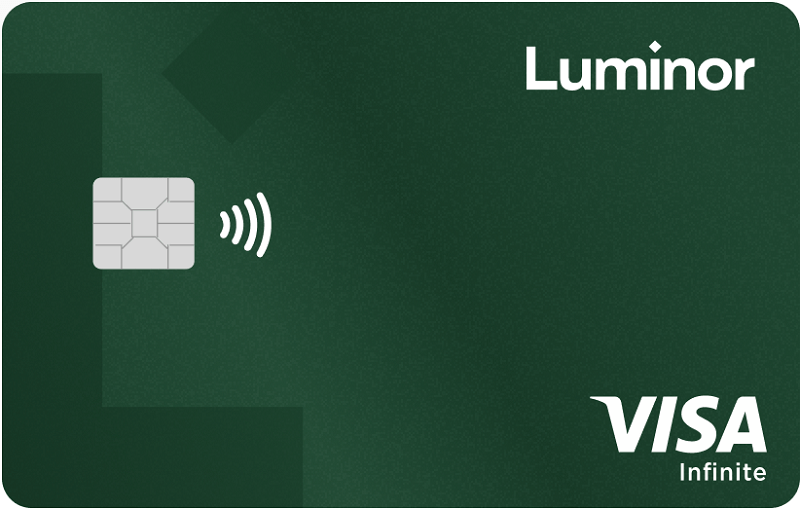 | Luminor Visa infinite | 50 | 12% | €20.00 | x |  | Look Closer |
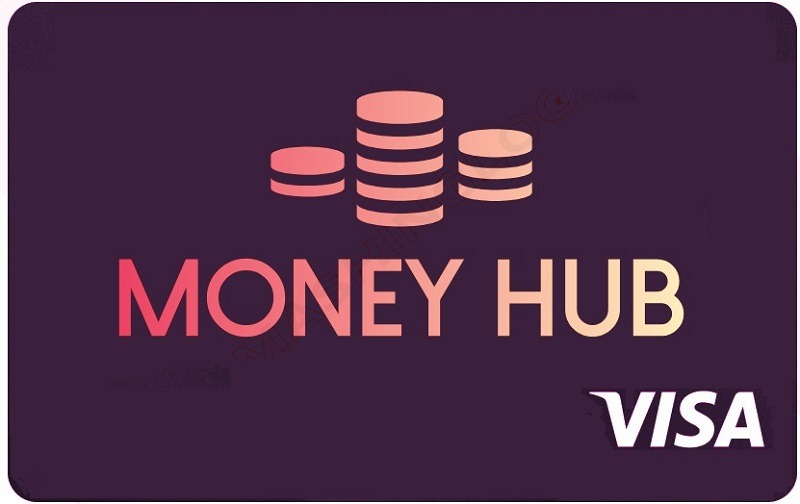 | MoneyHub Credit Card | 0 | 13% | €0.00 | 0 |  | Look Closer |
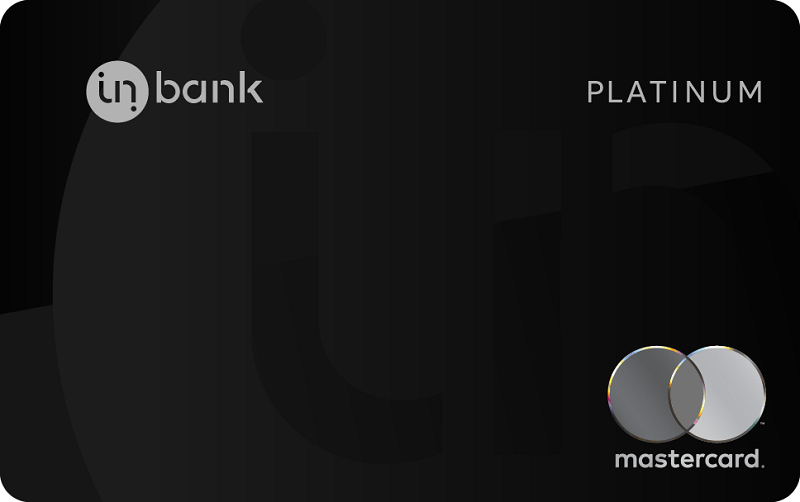 | Inpay Platinum * | 45 | 12% | €12.90 | 2 |  | Look Closer |
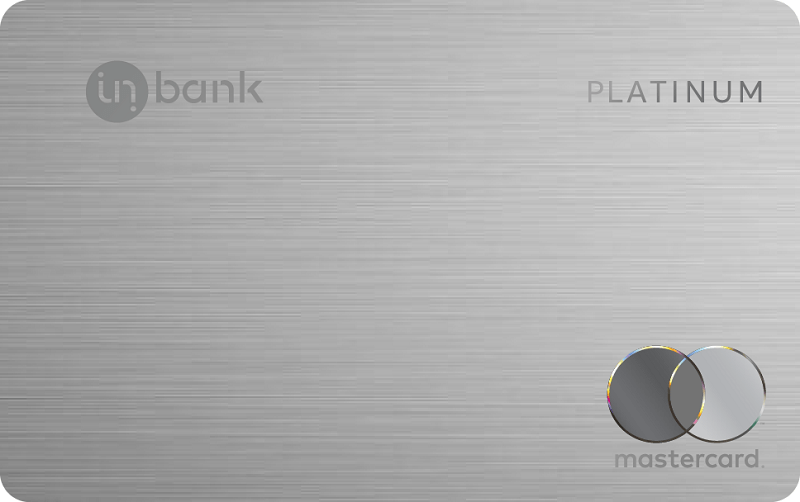 | Inpay Metal * | 45 | 12% | €27.90 | 2 |  | Look Closer |
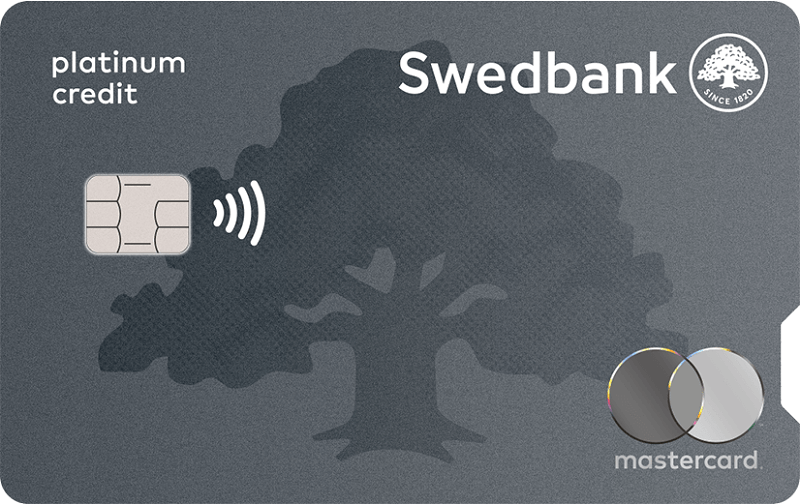 | Swedbank Platinum credit card | 40 | 14% | €14.90 | 0 |  | Look Closer |
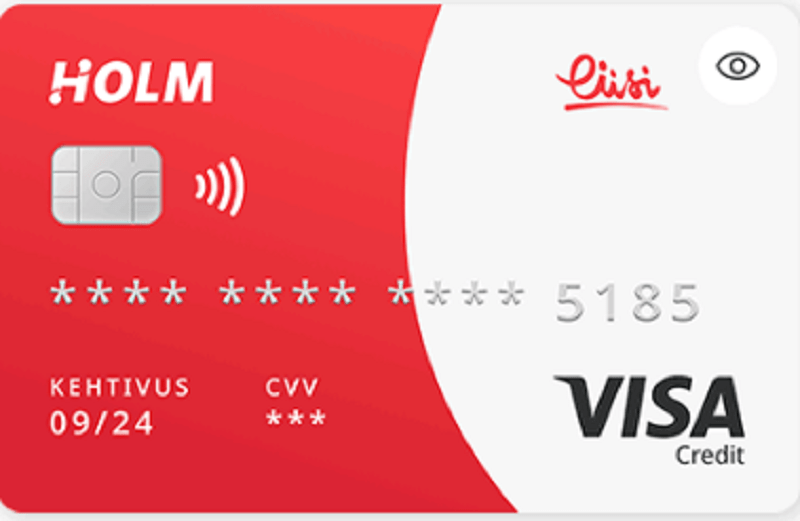 | Holm Liisi credit card | 15 | 14% | €0.00 | 0 |  | Look Closer |
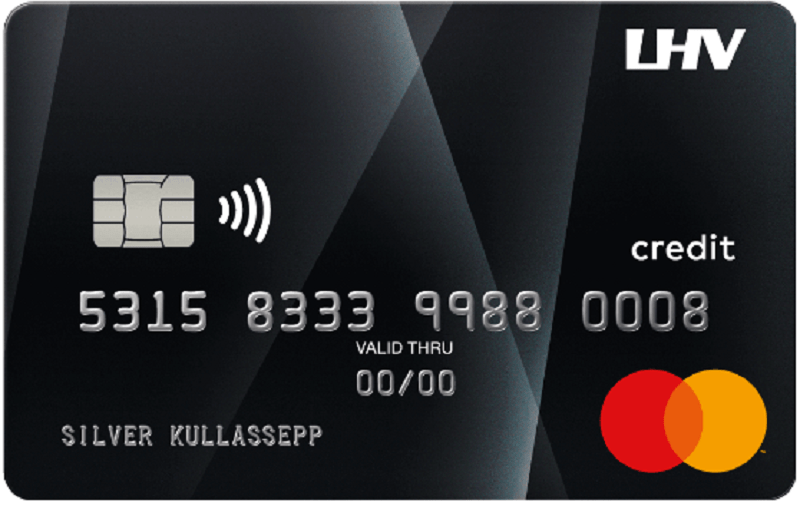 | LHV | 40 | 16% | €1.00 | 0 |  | Look Closer |
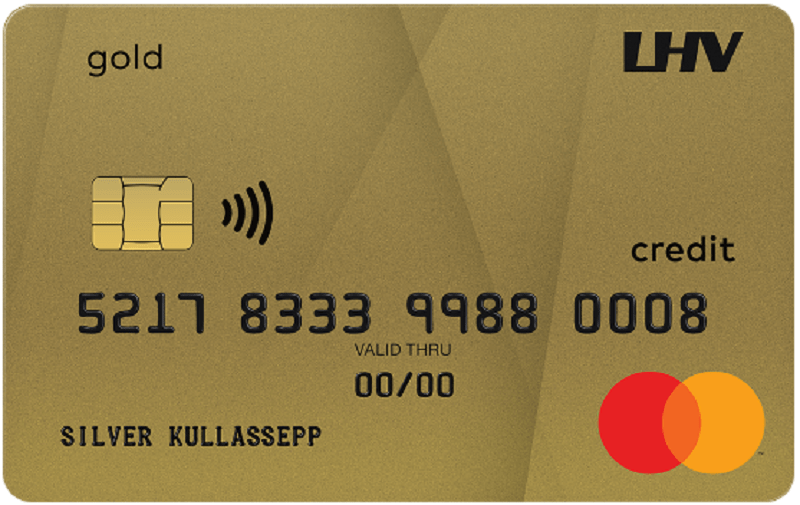 | LHV Gold credit card | 40 | 16% | €0.00 | 0 |  | Look Closer |
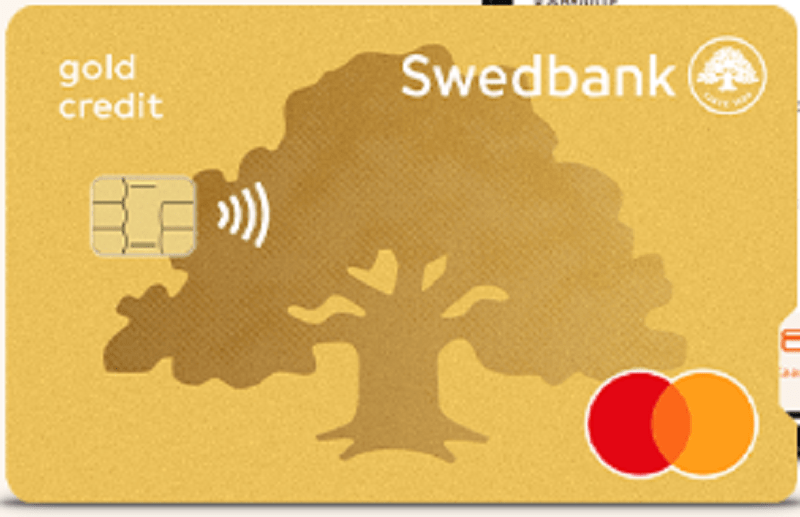 | Swedbank Gold credit card with free repayment | 40 | 17% | €5.99 | 0 |  | Look Closer |
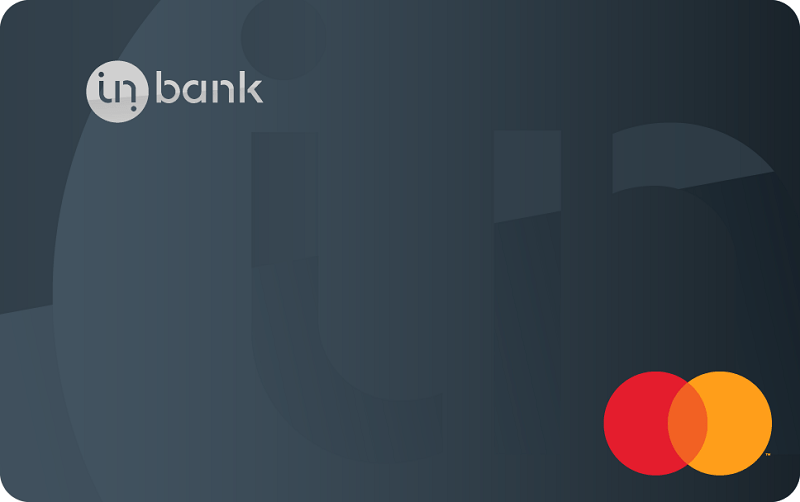 | Inpay Standard * | 35 | 18% | €2.50 | 2 |  | Look Closer |
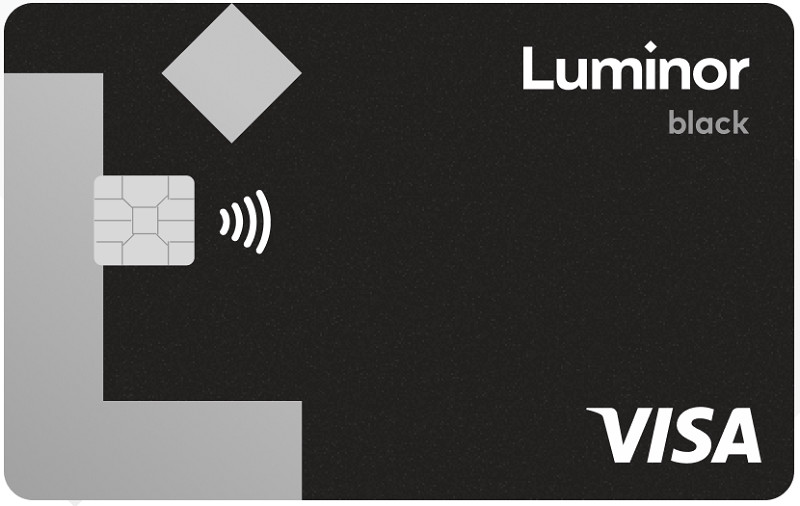 | Luminor Black | 45 | 18% | €5.50 | 0 |  | Look Closer |
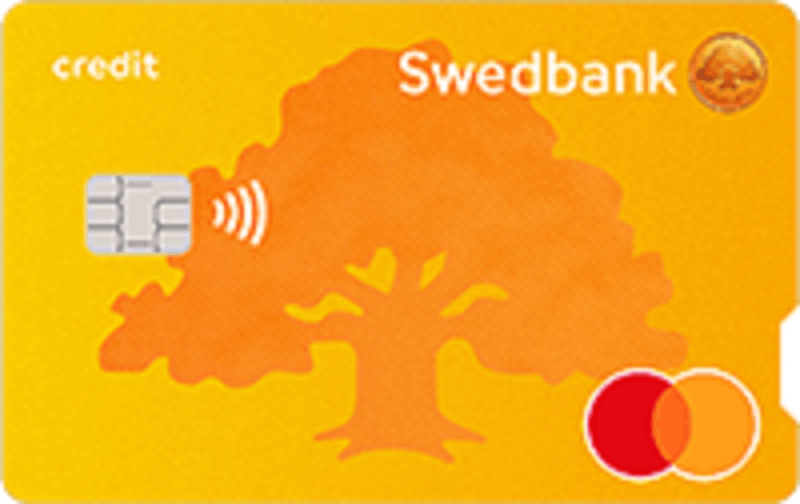 | Swedbank credit card with free repayment | 30 | 19% | €1.59 | 0 |  | Look Closer |
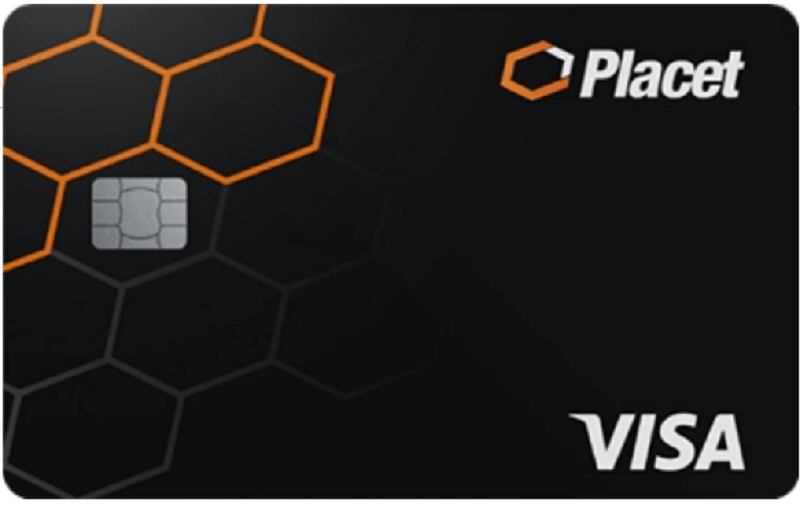 | Placet Group credit card | 45 | 24% | €0.00 | 5 |  | Look Closer |
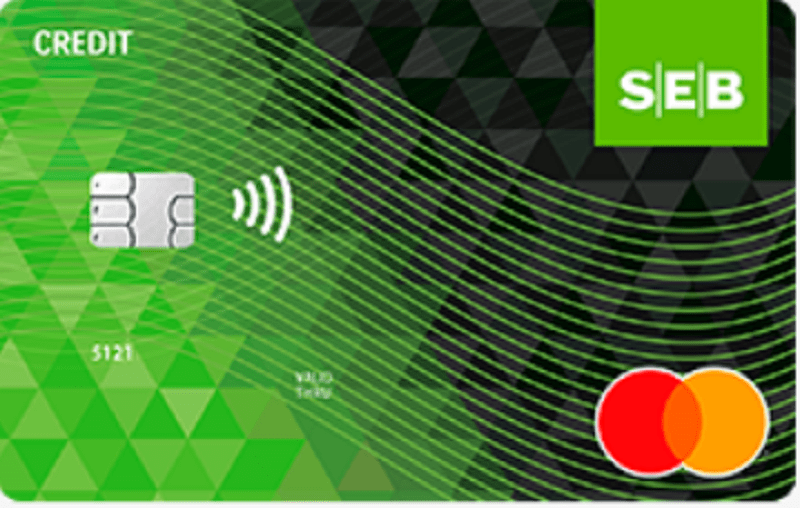 | Credit card with SEB fixed repayment | 45 | Interest free. The entire limit on the agreed day of the following month | €1.60 | 0 |  | Look Closer |
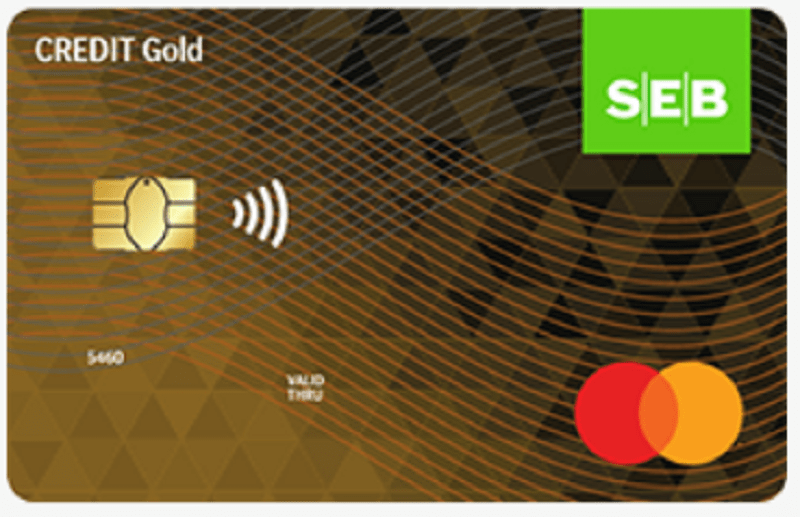 | SEB Gold credit card | 45 | Interest-free until next month's payment date | €3.50 | 0 |  | Look Closer |
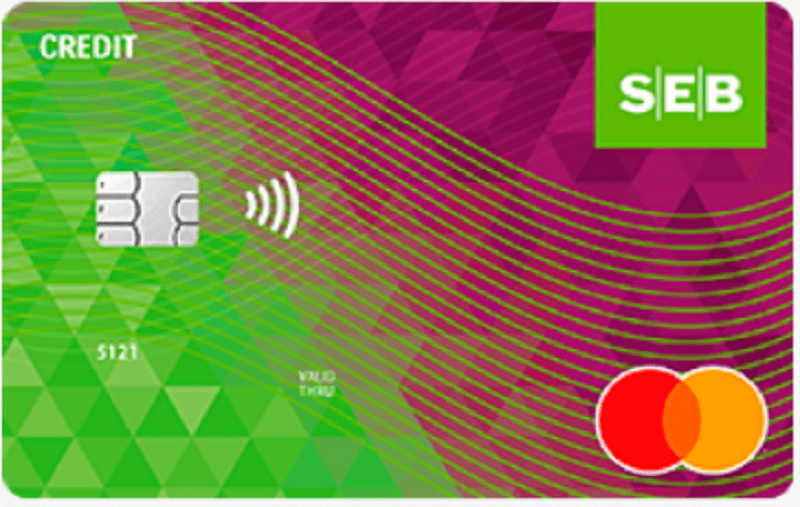 | Mastercard prepaid credit card | 45 | 16% | €0.00 | 0% - 1% hüvitis |  | Look Closer |
Credit Cards FAQ
Our star ratings are based on the headline rate offered, our consumer base feedback, additional charges, ease of business, and value-added benefits.
A credit card is a payment card, usually issued by a bank or lender, allowing its users to purchase goods or services or withdraw cash on credit.
A lender determines how ‘risky’ you are to lend to and considers your income and other financial commitments. It can then either accept or decline you. The criteria differ between lenders – you could be accepted by one but declined by another.
Lenders have different selection criteria. Those offering lower interest rates tend to only lend to a small segment of borrowers. Alternatively, those offering higher rates tend to favour most borrowers, regardless of income or personal financial circumstances.
Credit cards are helpful if used well but can be costly and damaging if poorly used. The main advantages are that:
- Can offer cheap borrowing or rewards
- Let you spread the cost of a purchase
- Let you transfer expensive debt to 0% (if you get a balance transfer card)
- Give you extra protection on purchases
- It can boost your credit history when managed well, meaning you’re more likely to be accepted for credit in future.
The main disadvantages are:
- This can lead to a build-up of debt if you can’t afford to repay what you borrow
- Charge interest if you don’t clear your full balance each month
- It can damage your ability to get credit in the future if you miss repayments – this is why we say always to pay at least the minimum repayment each month.
Most credit cards come with a ‘variable APR’, known as CPR ‘annual cost rate’ in Estonia, which means that the interest lenders charge on borrowing (i.e. the outstanding balance on a credit card) can go up or down, depending on market fluctuations. Your lender must tell you if they plan to change your credit card CPR.
You can also get ‘fixed CPR cards, where lenders guarantee that they won’t raise or lower the rate for a fixed period of time, although these are less common and usually have higher interest rates.
We’re not entirely sure whether credit scoring is used in Estonia. However, in many countries, credit scoring is a process used by credit card companies and other lenders to decide whether or not they want to lend to you. This process is largely based on information they get from the credit reference agencies – who hold information about your credit history.
They will also use data from your application form and information from any accounts you’ve had with that financial firm. Broadly speaking, it means that if you have a history of repaying debts in full and on time, you’ll have a better chance of getting accepted than if you have a history of missed payments.
If you miss a repayment or don’t make the minimum payment amount on your monthly credit card bill, you’ll typically be charged a late payment fee or interest on the outstanding amount.
Although you can’t technically get a joint credit card in Estonia, you can opt to have additional cardholders linked to your credit card account (most often a relative or family member). But as the primary cardholder, you’ll remain solely responsible for the debt, regardless of who’s done the spending.
So, think carefully before adding any additional cardholders. If they go on a spending spree, even without your permission, you’ll be the one responsible for making the payments and clearing the balance.
Get regular updates and price change notifications sign up for are weekly news sheet.
Get regular updates and price change notifications sign up for are weekly news sheet.
Credit Card Disclaimer
Credit card comparisons are made with all publicly available data and do not constitute the loan terms and conditions advertised. Here at MoneyHub, we do our utmost to provide you with information so you can make the best decisions. MoneyHub always suggests that you do your own research and shop around to find the best deal for you. Also, please note that we only list reliable companies and trusted partners; regularly check back with this website as this is a competitive market and rates and deals change regularly. For information, we publish the lowest rate offered; however, some providers may offer different rates on application. Our star ratings are based on the headline rate, our consumer base feedback, additional charges and value-added benefits. Also, whilst MoneyHub strives for perfection, it gives no warranties about the website’s accuracy, express or implied. Please remember that it pays to shop around; always check MoneyHub for up-to-date information.
Luminor Visa infinite
